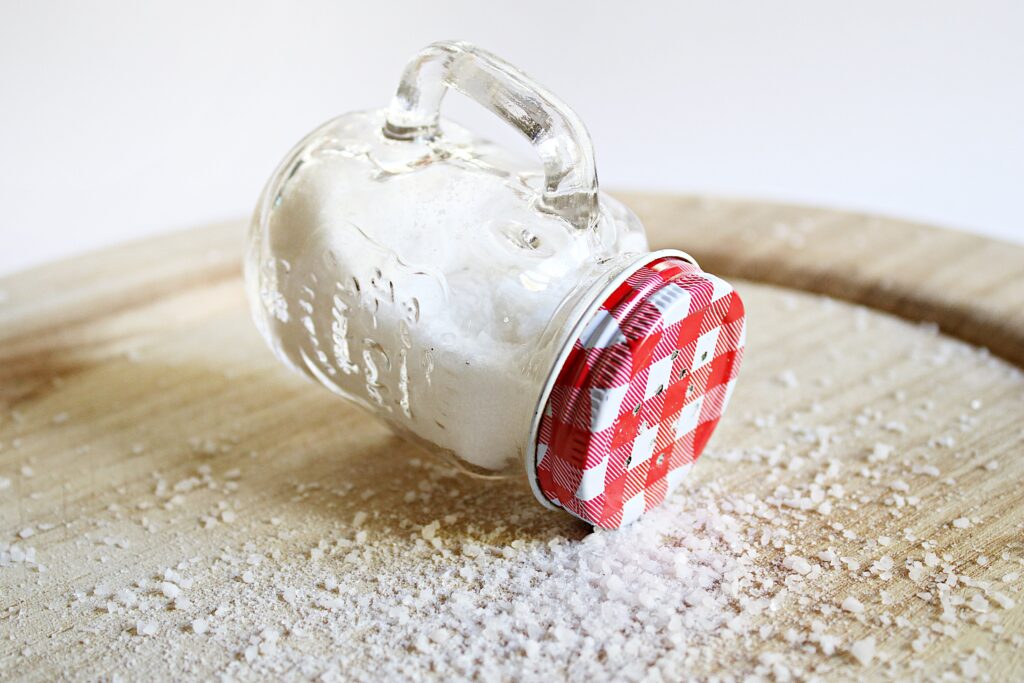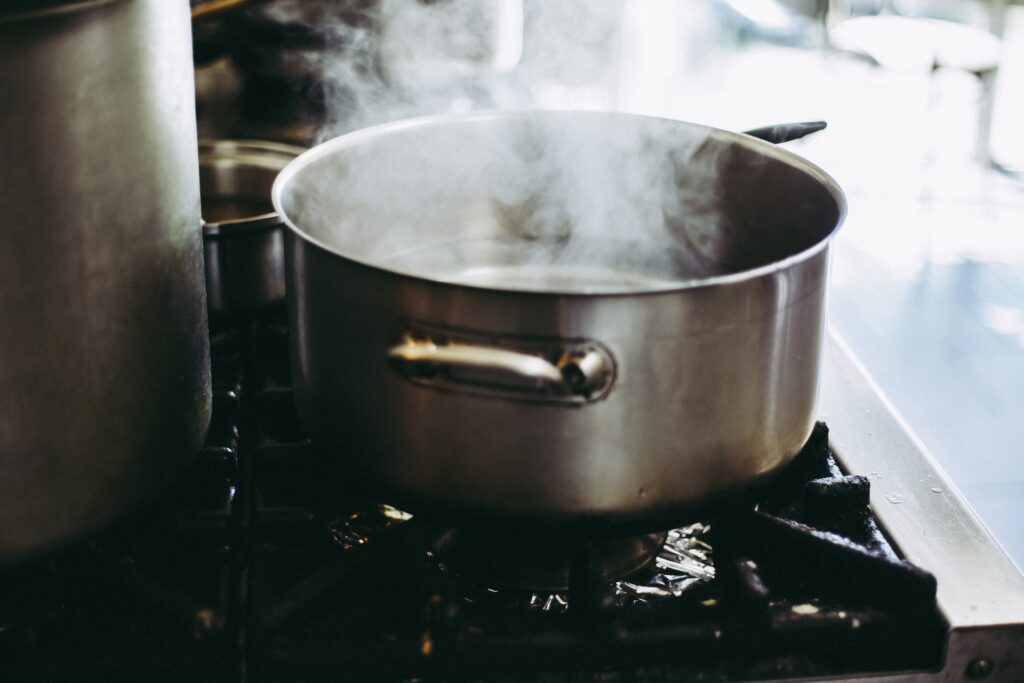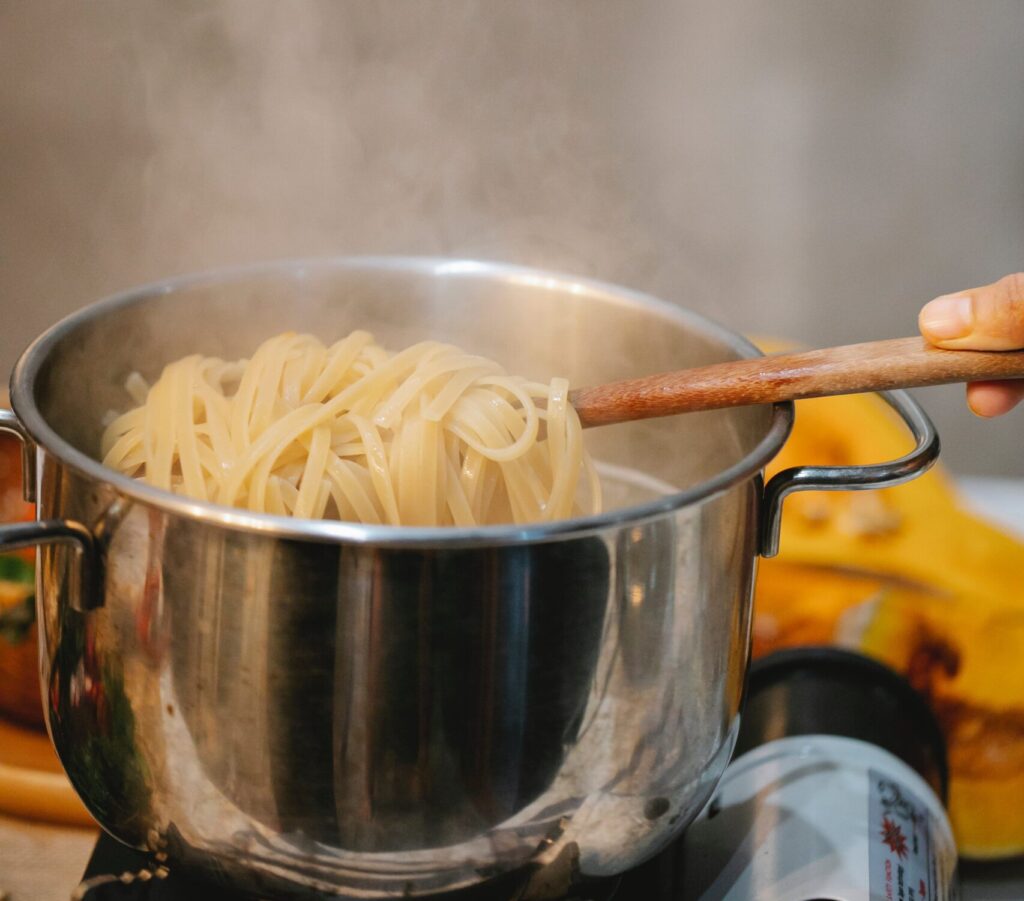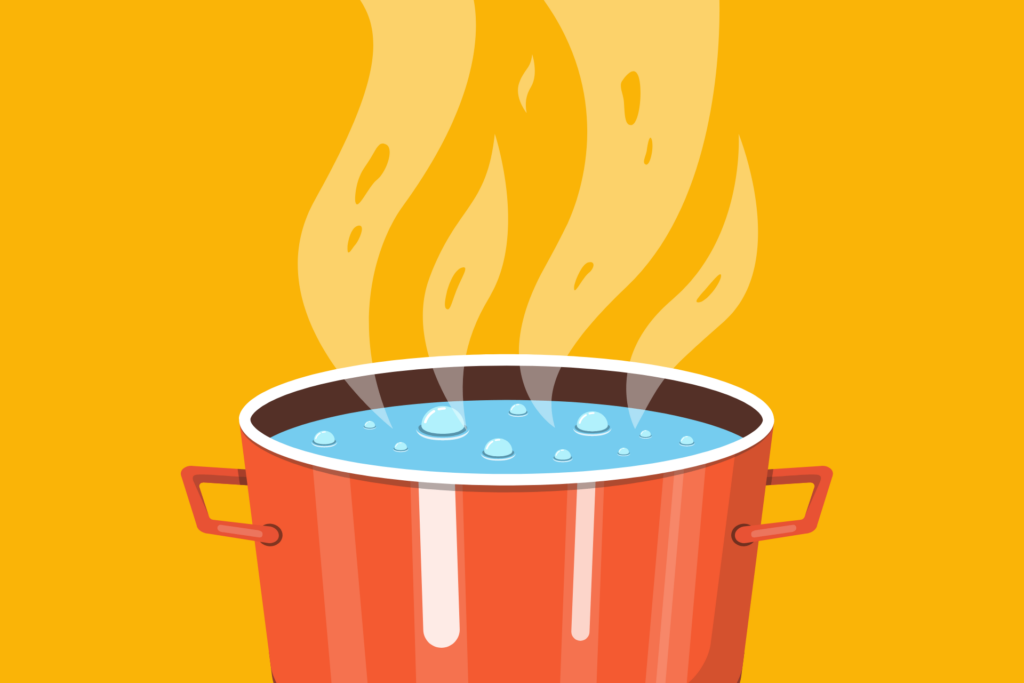We took a trip to the Home Economics department of a school and asked two of its brightest students to prepare an amazing fish pepper soup for our team leader.
These students were overjoyed for the task because their teacher had informed them that it would count towards their Continuous Assessment (CA) test score for the current term. Before cooking, the students were to write down the methods and ingredient lists and conduct a market survey, as was customary.
The team and I had the opportunity to look over the recipe for this delicious fish pepper soup.
“Bring water to a boil, then add garlic, onions, lemons, old bay seasoning, and thyme. After it boils, add the rinsed fish…” These were some of the phases in their methodology column that we noted.
Despite the fact that both lists had identical ingredients, we discovered that one differed from the other by one step. One student stated that we add salt to the water and bring it to a boil, whereas the other stated that we let the water boil before adding salt. This piqued our interest, so we decided to put it to the test to know which of the two would boil faster: saltwater or freshwater?

What Makes Salt Water Boil Faster?
What is a boil?
A boil is a situation when the heat affects the liquid content in a vessel and produces bubbles of gas that rise to the surface of the liquid, agitating it as they rise. This can be experienced as a result of boiling points.
We had to make sure the temperature at which both pupils were cooking was the same in order to determine which would boil the fastest. We used a thermometer to record the boiling points and the amount of time it took for them to occur. Guess what? The salt water came first!
Adding salt to water speeds up the boiling process. This is what makes salt water boil faster, but only to a minimal, barely noticeable degree.

What’s the Science Behind This?
There are two mechanisms at work here: the first elevates the boiling point. The higher the boiling point, the more salt you use.
A higher boiling point indicates it will take longer to reach the boiling point, but once there, any food placed in the water will cook faster.
But this is where the second factor comes into the picture. Adding salt to water reduces the amount of heat needed to bring it to a boil. This means that heating saltwater requires less energy. Simply put, saltwater warms up faster, but it must reach a greater temperature to boil, which takes longer.

Yes, we learned something new. Adding salt to water is going to do two things to water’s physical properties: it will either increase the boiling point that is making it boil slower (take a long time for the water to boil) or it will lower the boiling point that is making it boil faster.
These two changes actually work against each other, depending on the amount of salt added to the water. The fastest is only feasible because seawater (or saltwater) reduces the heat capacity (the amount of heat required to raise a substance’s temperature). After all, it takes less heat to raise the temperature of saltwater.
Do you have more questions? You can ask on the uLesson app and get instant answers from expert tutors. Keep learning on the uLesson app or use the web version here.




6 Comments
This is very educative, have learnt something new
Hello Bridget,
We’re glad to hear this.
Yes Ulesson is very educative and help’s growing children.
does heated salt boil water faster than normal salt
Hi, Hashem.
Heated salt water boils faster than normal water.
Yes Ulesson is very educative and help’s growing children.